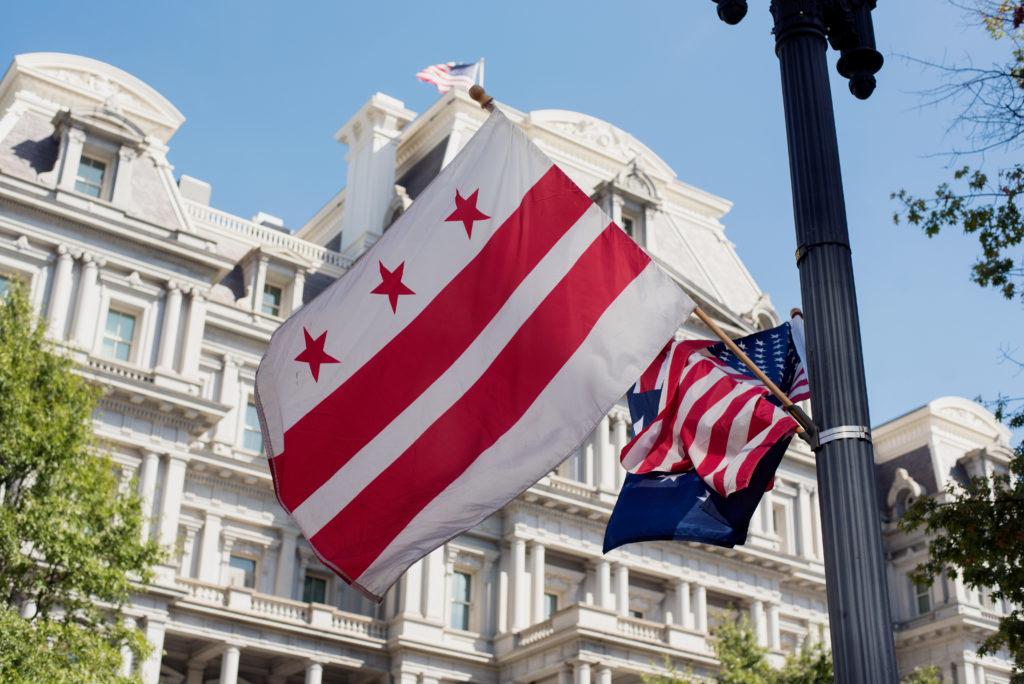For the first time in United States history, the House of Representatives voted Friday to make D.C. the country’s 51st state.
With a 232 to 180 vote mostly split between party lines, the House passed a bill that would grant the District one voting representative in the House and two in the Senate and rename D.C. to the “State of Washington, Douglass Commonwealth,” according to the bill’s text. The legislation is part of a push from city officials to bestow equal voting power to the city’s more than 700,000 residents and bring more autonomy to the region that Mayor Muriel Bowser and President Donald Trump have fought to control during recent anti-racism protests.
The District currently does not have voting power in Congress, with one delegate in the House and two shadow senators in the Senate – neither of whom can vote on any legislation.
“The United States is the only country that denies both voting rights in its national legislature and local autonomy to the residents of its nation’s capital,” Del. Eleanor Holmes Norton, D-D.C., said on the House floor Friday. “As we approach July 4th, it is long past time to apply the nation’s oldest slogan – no taxation without representation.”
The bill states the size of the federal district would be shrunk to a two-mile zone including the White House, Capitol Building, Supreme Court and other federal buildings and monuments. Everything else in D.C. will become part of the 51st state if the bill is signed into law, according to the bill.
The Washington Post reported that the bill is unlikely to proceed much further as Senate Majority Leader Mitch McConnell, R-Ky., said he would refuse to bring the bill to a vote in the Senate, and White House officials said President Donald Trump would veto the legislation if the bill ever reached his desk.
University President Thomas LeBlanc issued a statement Friday expressing support for D.C. statehood hours before the House passed the bill.
“The historic U.S. House of Representatives vote today represents a vote for equality for more than 700,000 District residents,” he said. “Many of our faculty, staff and students live in the District so they lack fair representation in the federal government’s most consequential decisions.”
Momentum for the city’s push for statehood escalated this month, as Bowser and Trump wrestled for control of the city after Trump ordered thousands of National Guardsmen to station throughout the District. House Majority Leader Steny Hoyer, D-Md., announced the vote earlier this month.
The House last voted on making D.C. a state in 1993, but the bill only garnered 153 votes, failing to pass the legislation over to the Senate.
Statehood has also evoked advocacy from students at the University, as the GW chapter of Students for D.C. Statehood rebooted in 2018 as part of a national organization, urging presidential and congressional candidates to pledge their support for D.C. statehood.







